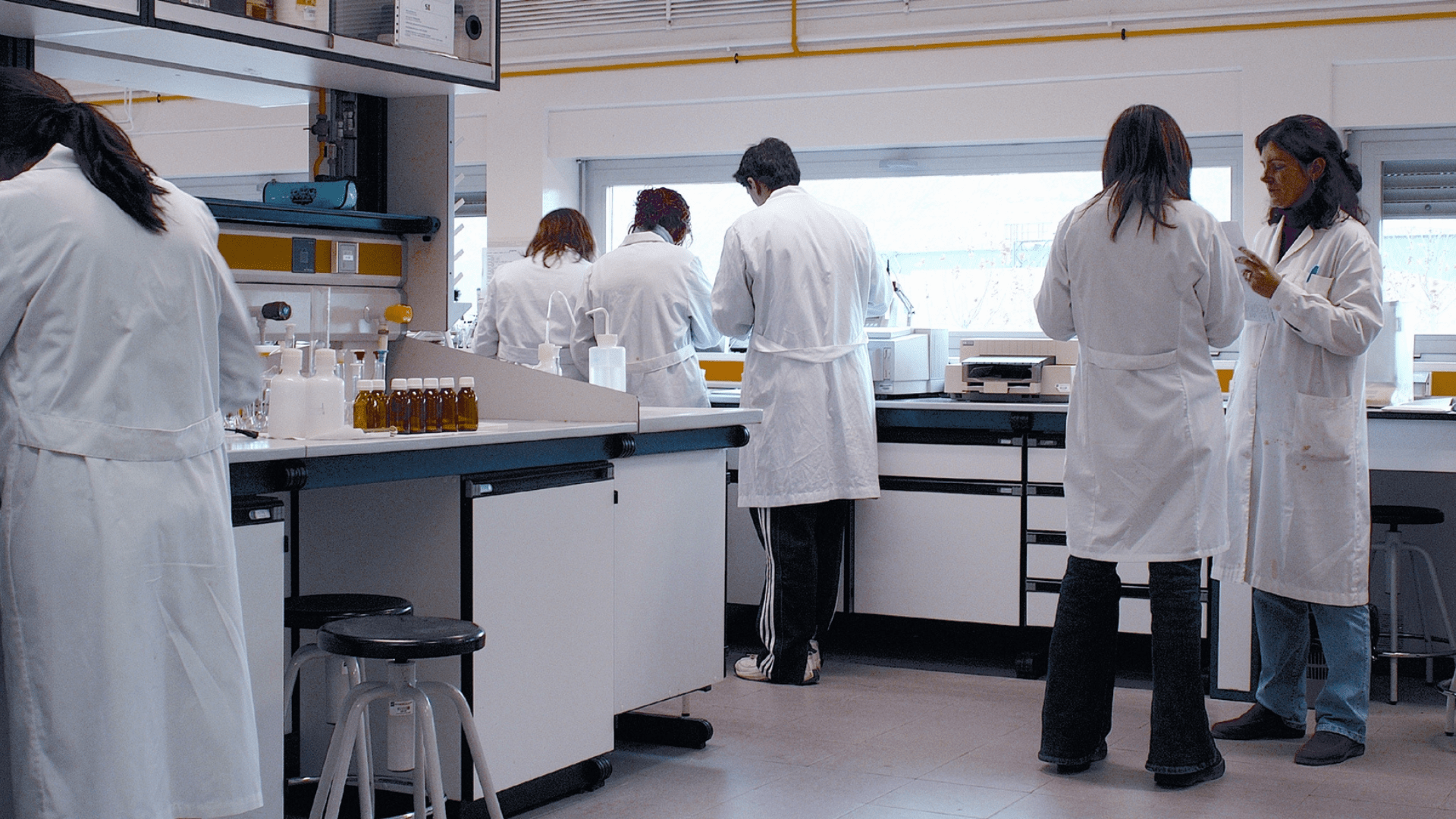A recent study by Mass General Brigham reveals that Alzheimer’s risk may be significantly influenced by what you inherit from your mother.
Researchers found that individuals with a family history of Alzheimer’s on their mother’s side showed higher levels of amyloid in their brains.
Study Details and Participant Demographics

The study evaluated 4,400 cognitively unimpaired adults aged 65 to 85, examining their family histories and measuring amyloid levels.
Conducted as part of the Anti-Amyloid Treatment in Asymptomatic Alzheimer’s (A4) study, it focused on participants’ reports of memory loss in their parents. The findings were published in JAMA Neurology on June 17, 2024.
Key Findings on Amyloid Accumulation

Dr. Hyun-Sik Yang, a neurologist at Mass General Brigham, noted that participants with maternal Alzheimer’s history had higher amyloid levels. Previous studies suggested maternal history posed a higher risk, but this large-scale study confirms those suspicions.
Elevated amyloid levels are a key biomarker for Alzheimer’s disease, highlighting the importance of maternal genetic influence.
Paternal Alzheimer’s History

Interestingly, the study found that only paternal history of early-onset memory impairment was linked to higher amyloid levels. Late-onset memory impairment in fathers did not show the same association.
This suggests that the timing of symptom onset in fathers plays a major role in determining Alzheimer’s risk for their offspring.
Gender Differences in Alzheimer’s Prevalence

Alzheimer’s tends to be more prevalent in women, making these findings particularly significant. Dr. Mabel Seto, the study’s first author, emphasized the genetic perspective: “It’s really interesting from a genetic perspective to see one sex contributing something the other sex isn’t.”
This insight could lead to more personalized approaches in Alzheimer’s prevention and treatment.
Limitations of the Study

One limitation of the study is that some participants’ parents died young, before they could potentially develop cognitive impairment.
Additionally, social factors like access to resources and education may have influenced whether cognitive impairment was formally diagnosed.
Future Research Directions

The researchers plan to expand their study to include more diverse populations and to examine how parental history affects cognitive decline and amyloid accumulation over time.
Understanding why maternal DNA plays a role could lead to breakthroughs in Alzheimer’s prevention, as well as developing targeted interventions.
Clinical Implications

Dr. Reisa Sperling, a co-author and principal investigator of the A4 Study, believes these findings could soon be used in clinical settings.
Identifying asymptomatic individuals with maternal Alzheimer’s history may help in recruiting participants for prevention trials. This approach could enhance early intervention strategies.
Genetic Insights and Alzheimer’s Risk

katemangostar,
Freepik
The study highlights the importance of considering sex-specific parental history in Alzheimer’s risk assessment. Genetic factors from the mother seem to contribute uniquely to amyloid accumulation.
This insight could revolutionize how we approach genetic counseling and risk prediction for Alzheimer’s disease.
Quotes from the Researchers

“Some people decide not to pursue a formal diagnosis and attribute memory loss to age, so we focused on a memory loss and dementia phenotype,” said Dr. Yang.
This approach ensured that even subtle signs of cognitive impairment were considered, providing a more comprehensive view of Alzheimer’s risk.
Broader Implications for Alzheimer’s Research

These findings add a new dimension to Alzheimer’s research, emphasizing the role of maternal inheritance.
As researchers continue to explore genetic and biological mechanisms, they move closer to unlocking the mysteries of Alzheimer’s.
Educational and Preventative Measures

Understanding the genetic risks associated with maternal Alzheimer’s history can inform public health strategies.
Educating individuals about their familial risk can encourage proactive measures, such as regular cognitive assessments and participation in clinical trials. This knowledge empowers people to take control of their brain health.








































